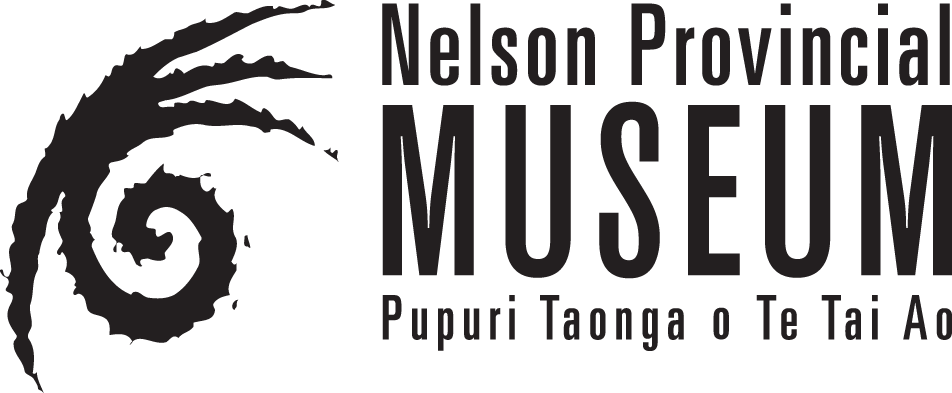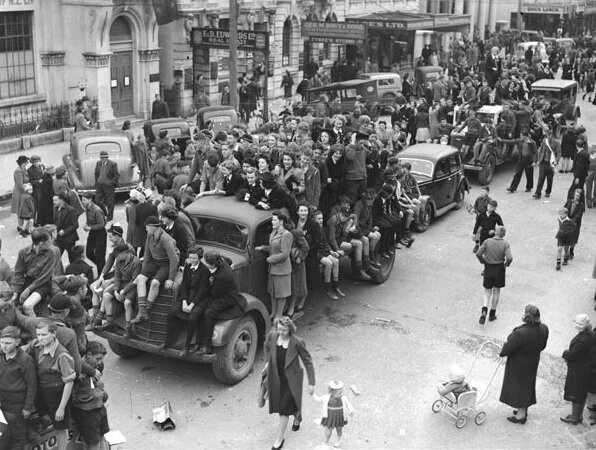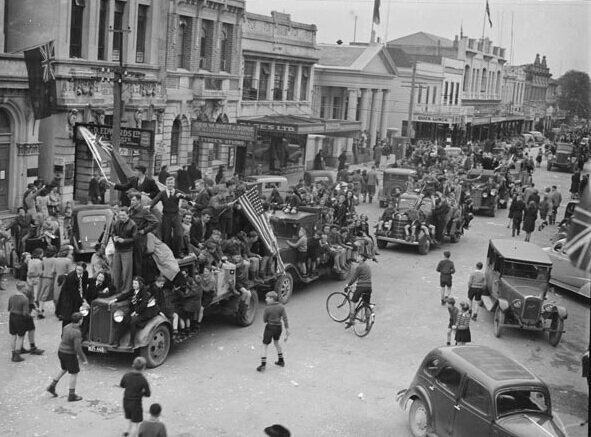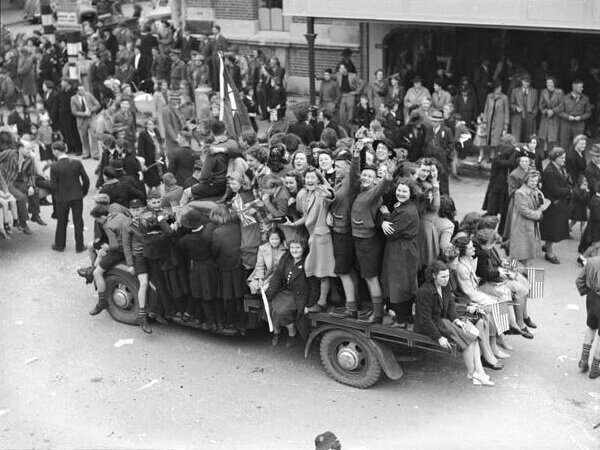Today In History - 15 August: VJ Day
The Second World War was the greatest conflict ever to engulf the world, taking 50 million lives. It shaped the world we have lived in ever since.
15 August 2020 marks the 75th Anniversary of the surrender of Japan and the end of the Second World War.
New Zealand was involved for all but three of the 2,179 days of the war — a commitment matched only by Britain and Australia. New Zealanders fought globally, from Egypt, Italy and Greece to Japan and the Pacific. More than 200,000 New Zealanders served during six long years and 11,928 died – this was the highest casualty rate in the Commonwealth.
The scope of the war in the Pacific was vast and encompassed a huge area – far larger and more diverse than the Europe, North African, and Atlantic theatres of war combined. Fighting took place from Hawaii to the north eastern borders of India and from Papua New Guinea in the south to Manchuria in northern China on the border of the Soviet Union.
By 1945 across Asia and the Pacific 1.5 million Commonwealth troops had been deployed. The men and women who served came from all corners of the world, from Ghana to Bangladesh and from New Zealand to Zambia. The principal fighting force in the region – the Fourteenth Army – was one of the most diverse in history with at least 40 languages spoken. The British, Indian, Burmese, Nepali and African forces led the fighting in South East Asia, while the New Zealanders, Pacific Islanders, Australians and Canadians fought their way across the South West and Central Pacific, under the direction of the U.S.
New Zealand celebrated the end of the war in Europe, on 8 May, the day after Germany surrendered, in the knowledge that thousands were safe, and would soon be homeward bound. Although VE Day brought huge relief, the war with Japan was still raging. Some predicted it might continue for another 18 months. But the final phase of the conflict proved much shorter than expected. At the beginning of August, the United States Air Force dropped atomic bombs on the Japanese cities of Hiroshima and Nagasaki, killing an estimated 200,000 people.
News of the Japanese surrender arrived in New Zealand at 11 a.m. on 15 August, and Victory over Japan Day was declared. The Second World War was over. Throughout Aotearoa, people took to the streets in jubilation. Sirens sounded, a national ceremony was held, and local celebrations followed with parades, bands playing, thanksgiving services, bonfires, dances, sports, and a two-day public holiday.
Although we have not been able to find written accounts of VJ Day in Nelson, we have some wonderful images from the Kingsford Collection that give a sense of the scale of the celebration that took place in the city.
This article was kindly researched and written by one of our Museum volunteers.




